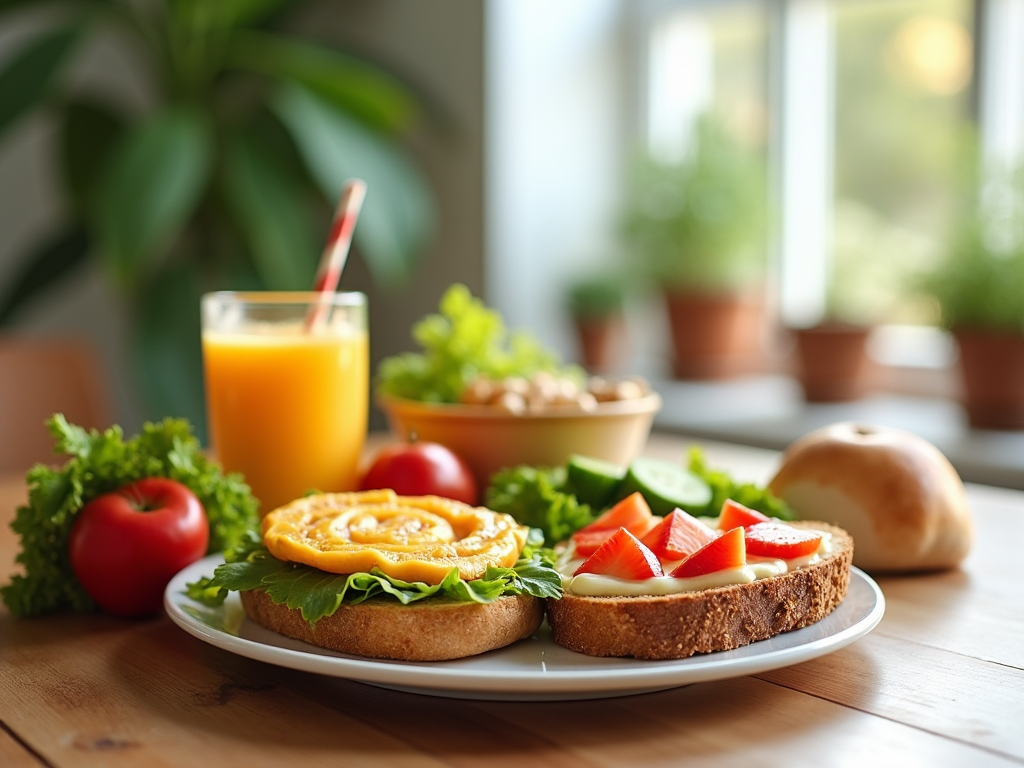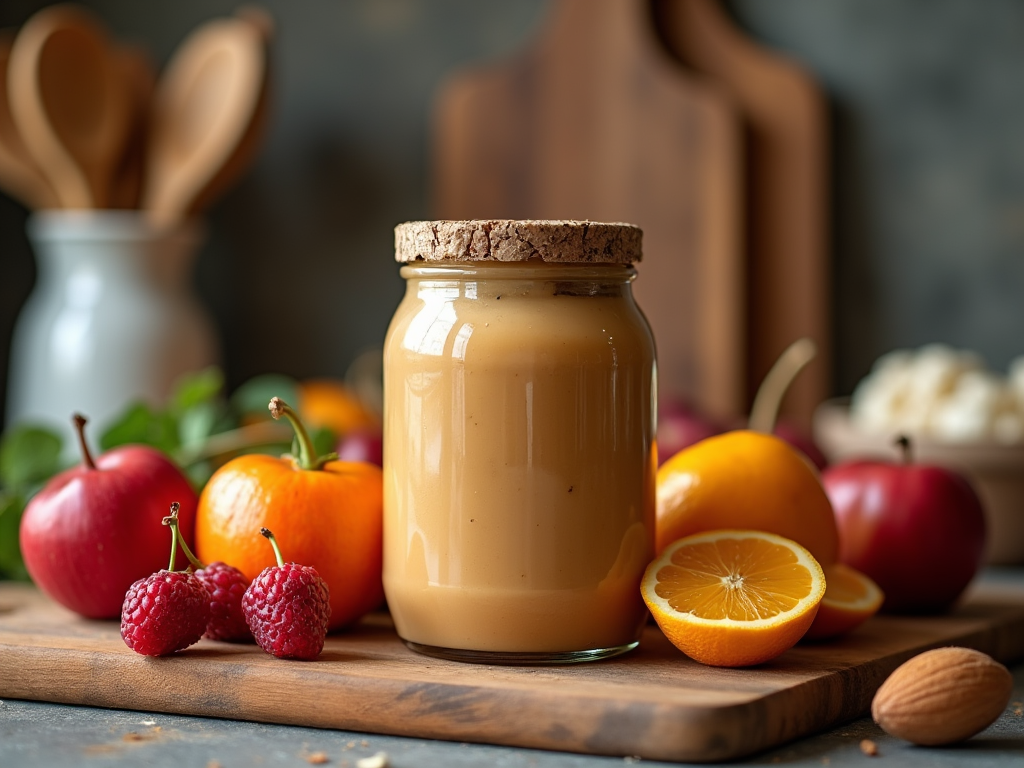In our quest for healthy eating, we often find ourselves wondering about the effects of certain foods on our skin. Among many popular dietary staples, peanut butter frequently comes under scrutiny. It’s celebrated for its rich flavor and protein content, making it a favorite in many households. However, as with any food, the relationship between peanut butter and skin health—particularly acne—merits deeper examination. Investigating this connection can help individuals make informed decisions about their diet and its impact on their skin.
Your skin is a reflection of various factors, including your nutrition, lifestyle choices, and even cosmetic products. Acne, a common skin condition, can be influenced by diet, but it’s essential to understand that each person’s skin reacts differently. For some, indulging in peanut butter might lead to undesirable effects like breakouts, while others may have no adverse reactions whatsoever. In the following sections, we’ll investigate whether peanut butter indeed leads to acne, alternative spreads to consider, and how to maintain a healthy skincare routine to keep your skin looking its best.
The Connection Between Peanut Butter and Acne

To understand the link between peanut butter and acne, it’s crucial to grasp how acne forms. Acne occurs when hair follicles become clogged with oil, dead skin cells, and bacteria. This blockage can cause inflammation and lead to various types of pimples, such as blackheads, whiteheads, and cysts. Peanut butter, while delicious and nutritious, contains several components that could theoretically exacerbate these conditions. Notably, high fat levels, sugars, and additives in some commercial peanut butter products can influence hormone levels and skin conditions.
Let’s explore the ingredients that may play a role in the potential emergence of breakouts. The composition of peanut butter typically includes healthy fats, which, while essential for a balanced diet, can increase sebum production. Sebum is an oily substance that keeps skin moisturized but can result in clogged pores when produced in excess. Moreover, many store-bought peanut butters contain added sugars and preservatives that could irritate the skin from the inside out.
Ingredients in Peanut Butter That May Contribute to Acne

The ingredients in peanut butter that might adversely affect acne-prone skin include:
- Fats and Oils: Though they provide essential nutrients, excessive consumption can lead to increased oiliness in the skin.
- Added Sugars: Sugar can prompt inflammation, which may be a catalyst for acne breakouts.
- Preservatives: Chemicals in processed peanut butter could irritate sensitive skin and provoke red spots.
- Allergens: For some, allergies to peanuts can manifest as skin conditions, including eczema or acne-like symptoms.
Recognizing these factors is key to determining whether peanut butter is compatible with your skin type. In fact, individuals with pre-existing allergies or sensitivity may find their skin reacting negatively to peanut butter, leading to irritation and pimples. Thus, it’s essential to approach this delicious spread with mindfulness, particularly if you’re already prone to acne.
Scientific Evidence on Peanut Butter and Acne
Research on the impact of diet on acne has sparked significant discussions in dermatological circles. A few studies have explored the broader relationship between dietary choices and skin health, pointing out that specific foods may indeed aggravate acne conditions. However, evidence specifically linking peanut butter consumption with acne is still limited and largely anecdotal.
A critical factor to consider is that individual skin types react differently to various foods.
Some people report an improvement in their skin after eliminating peanut butter from their diets, while others notice no change. The nuances of personal biology are important; for instance, hormonal fluctuations, gut health, and existing skin conditions all play a pivotal role in how food affects skin health.
Alternatives to Peanut Butter for a Healthy Diet
If you’re concerned about the effects of peanut butter on your skin, there are plenty of healthy alternatives available. Non-acne triggering nut butters include:
- Almond Butter – Rich in vitamin E, which can help maintain skin health.
- Cashew Butter – Contains beneficial minerals like copper and magnesium.
- Sunflower Seed Butter – Great for those with nut allergies and packed with healthy fats.
- Sesame Butter (Tahini) – A versatile option that adds a unique flavor while offering good fat content.
In addition to these, you can also explore various plant-based spreads:
- Hummus – A protein-rich option that complements many meals.
- Avocado Spread – Full of healthy monounsaturated fats beneficial for skin health.
- Coconut Sprea – Offers a different taste and texture that can enhance any dish.
For those interested in making their own spreads, here are simple steps to create a homemade nut butter:
- Roast nuts of your choice until golden brown.
- Blend in a food processor until smooth with a pinch of salt.
- Store in an airtight container, and voilà, you have a fresh alternative!
Skin Care Routine to Manage Acne
Beyond diet, the importance of a tailored skincare regimen cannot be overstated. An effective skincare routine should focus on preventing acne while nourishing the skin. Start with a gentle cleanser to remove impurities without stripping the skin of hydration. Look for products that contain ingredients like salicylic acid or benzoyl peroxide to help unclog pores.
Incorporating exfoliants into your routine is vital for maintaining skin clarity. Regular exfoliation removes dead skin cells that could otherwise lead to plugged pores. Follow up with a non-comedogenic moisturizer to keep your skin hydrated without exacerbating acne. Furthermore, don’t forget the importance of sunscreen; protecting your skin from sun damage can significantly affect its overall health.
Consider adding the following elements to your daily routine to enhance your skincare regimen:
| Product Type | Recommended Ingredients |
|---|---|
| Cleansers | Salicylic Acid, Tea Tree Oil |
| Exfoliants | AHAs, BHAs |
| Moisturizers | Hyaluronic Acid, Glycerin |
| Spot Treatments | Benzoyl Peroxide, Sulfur |
Also, don’t underestimate the influence of lifestyle changes on your skin health. A balanced diet, hydrated body, and managed stress can collectively contribute to clearer, healthier skin.
Natural remedies can complement commercial treatments effectively. Popular home remedies for acne include:
- Tea Tree Oil – Known for its antibacterial properties.
- Honey – A natural moisturizer that can also reduce inflammation.
- Apple Cider Vinegar – Often used as a toner due to its ability to balance pH levels in the skin.
While many natural remedies have positive anecdotal backing, it’s advisable to patch test any new product or ingredient before applying it widely.
Conclusion
In summary, while peanut butter is not inherently bad for everyone, its impact on acne-prone skin can vary. For some, the ingredients may trigger flare-ups, necessitating mindful consumption and consideration of alternatives. Incorporating other nut butters or plant-based spreads can benefit both health and complexion. Moreover, establishing a comprehensive skincare routine, along with healthy lifestyle choices, can go a long way in managing acne effectively.
Frequently Asked Questions
- Can eating peanut butter directly cause acne? While peanut butter may not directly cause acne, its high fat content and additives can trigger breakouts in certain individuals.
- Are there any peanut butter substitutes that are better for acne-prone skin? Yes, alternatives like almond butter and sunflower seed butter are generally considered better choices for acne-prone skin.
- How can I tell if peanut butter is affecting my skin? Keeping a food diary and tracking your skin’s reactions can help determine if peanut butter is a trigger for you.
- What other lifestyle changes can help improve my skin? Maintaining a balanced diet, staying hydrated, and managing stress levels can all contribute to healthier skin.
